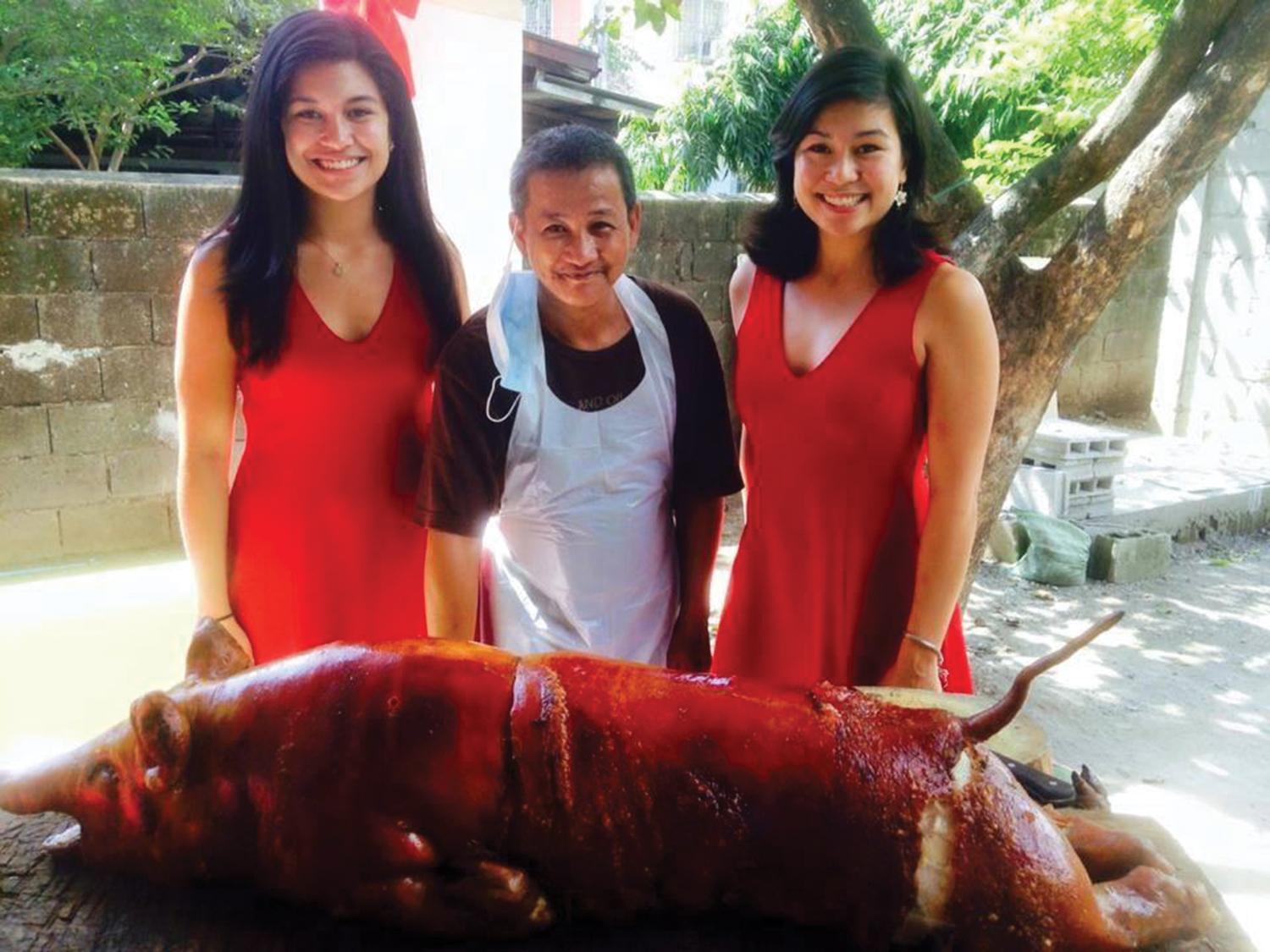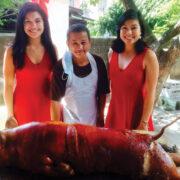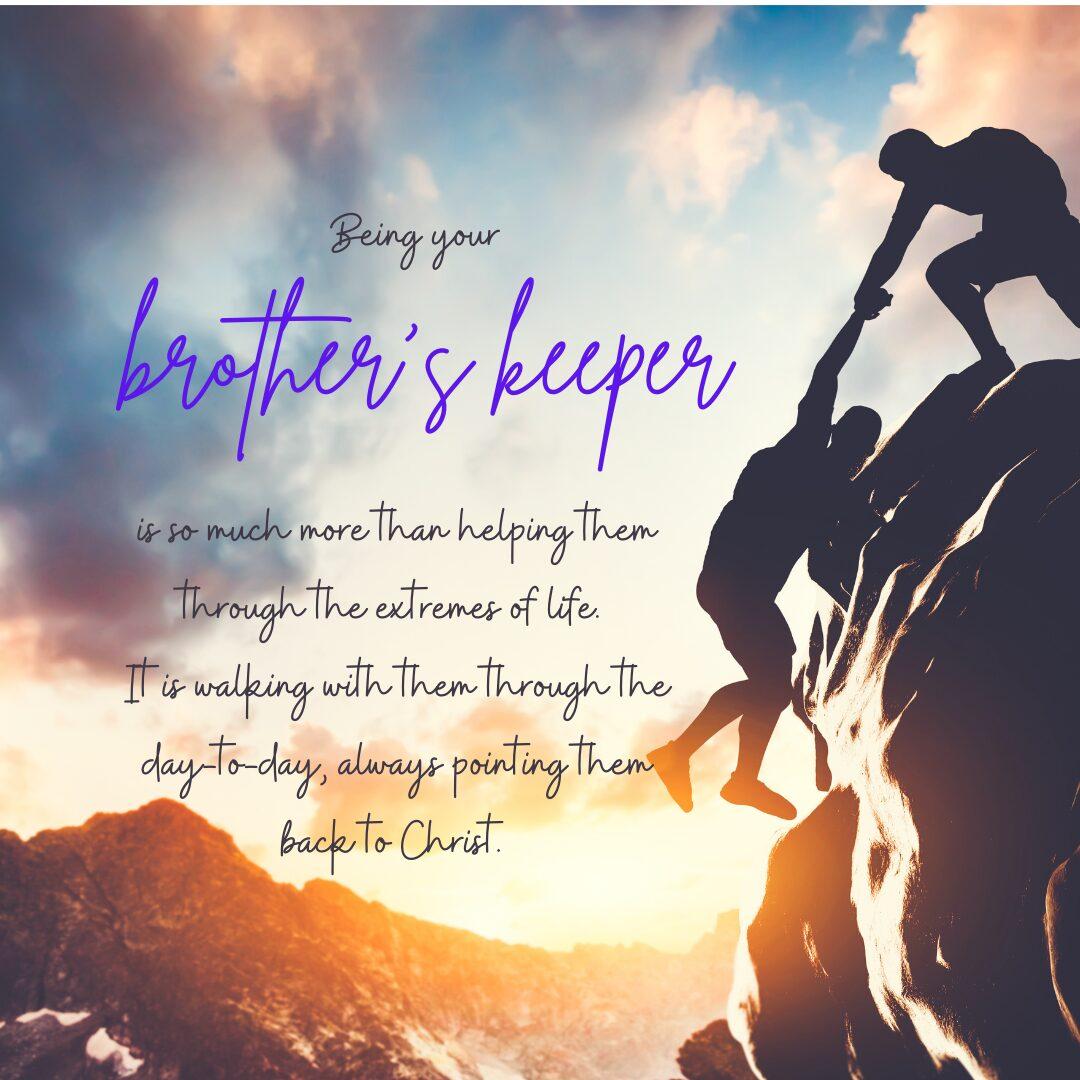
December 31, 2015.
I was visiting the Philippines with my parents and twin daughters, who just graduated from university. It was New Year’s Eve, one of the most festive times in the Philippines. Unfortunately, both my daughters were in their rooms, recovering from a bout of food poisoning the day before.
From the balcony of my family home, I watched the street below full of the townspeople walking, dressed in their modest finery; tricycle engines and loud music mingling with the crackling of sparklers and fireworks.
When the midnight hour finally struck, everyone on the street stopped, turned to each other and hugged. “Happy New Year!” was the refrain reverberating clearly up to my position on the balcony.
One particular face in the crowd stood out to me.
“Odie,” had been one of our family helpers since he was a young teen. He and his two other brothers were taken in by my grandmother when their parents could no longer care for them financially.
That night, the pure joy on Odie’s face as he hugged and was hugged by others around him, was something I still remember to this day. Odie came from poverty, and is still probably classified in that category by today’s standards. But, on that New Year’s Eve, surrounded by his family, friends and community, he looked like the happiest and most loved person I knew.
My life in America seemed so different from Odie’s, I remember thinking. My parents and sister and I immigrated to the US when I was five and my sister was three years old. With both our parents working, we were latchkey kids after we were old enough to be on our own and not go to the babysitter’s house after school. Our friends lived in other neighborhoods, so we didn’t really play outside with anyone.
After my divorce in 2005, I spent many holidays and New Year’s Eves by myself when my children were with their father. After a while, I got used to the loneliness. This was life in America, I thought. This is the way it is here. But, I always remember Odie, especially on NYE, especially when I have had nobody to ring in the new year with.
As I get older, I’ve been questioning more and more my perpetual state of loneliness and being alone. Are there health consequences to solitary existence? What about mental cognizance issues of being alone? And of course, the question of “will I die alone?”
It turns out my concerns are valid: loneliness in America has now become so prevalent that the U.S. Surgeon General has called loneliness an epidemic and it is threatening the health of Americans.
U.S. Surgeon General Vivek Murthy, said Americans are facing an epidemic of loneliness, an “underappreciated public health crisis” that needs to be brought to light. Even before the Covid-19 pandemic, about half of adults in the country reported measurable levels of loneliness, which can affect mental, physical and societal health.
In his advisory released in May, Surgeon General’s Advisory on Our Epidemic of Loneliness and Isolation Murthy calls attention to the mounting problem.The health risks associated with prolonged loneliness are dramatic—akin to smoking up to 15 cigarettes a day, per Murthy’s 81-page advisory. Loneliness can increase the risk of premature death by 26 percent and raise the likelihood of heart disease, stroke, anxiety, depression and dementia.
Loneliness isn’t just affecting Americans’ emotional well-being, but truly affecting our health. Social disconnect can also carry an enormous economic cost—among older adults alone, isolation accounts for an estimated $6.7 billion in excess Medicare spending. It’s also linked to poorer academic achievement and work performance.
I know of people who went back or are thinking of going back to the Philippines to be closer to friends and family members. Especially as they grow older, like me. It’s not perfect there, as it is not perfect anywhere. But, I doubt any of my cousins and family members there will tell you they feel lonely or isolated. Step outside the door, and there is always someone to talk to, to spend time with. To celebrate or cry with.
Dr. Murthy offers a simple solution to this problem: “Our relationships are a source of healing and well-being hiding in plain sight – one that can help us live healthier, more fulfilled, and more productive lives.”
Back in the Philippines, on that street on New Year’s Eve, in plain sight, I think Odie already knew that.
* * *
The opinions, beliefs and viewpoints expressed by the author do not necessarily reflect the opinions, beliefs and viewpoints of the Asian Journal, its management, editorial board and staff.
* * *
Corin Ramos Lujan was born in Manila and immigrated to the U.S. at five years old. A former journalist and graduate of UC Berkeley, Corin received her Philippine dual citizenship in May 2023. She currently lives in Las Vegas where she is a real estate agent, and also an accredited Marketing Partner in Nevada for Ayala Land, Inc., the largest real estate developer in the Philippines.



